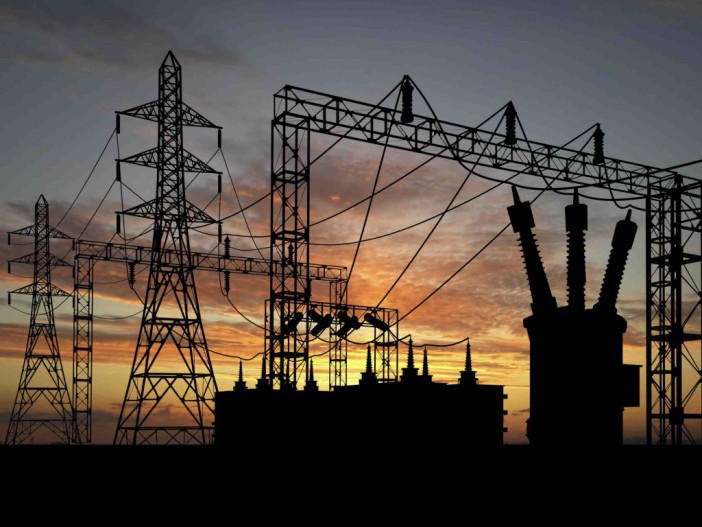Big business, the mining sector and civil society groups have come out in opposition of the 9.4 per cent Eskom tariff increase for 2016/17, but the ailing utility said it needed a 16.6 per cent hike to recover R22.8 billion. But as consumers feel the brunt of higher water tariffs, food prices, fuel costs and the increase in the repo rate, Eskom’s price hike is sure to compound the cost of living.
Consumer activist Imraahn Ismail-Mukaddam says since Eskom provides an essential service, the short-fall should be accommodated by treasury.
“If we are to look at the government funding given to aluminium companies and big business, there is a disparity.”
Mukaddam further noted that since the major crises in 2008, consumers are being penalised for using less electricity, since it results in a decrease in Eskom’s investments.
In June last year, the National Energy Regulator of South Africa (NERSA) denied Eskom’s application for a 25 per cent tariff hike.
“Even the NERSA process, we find a bit of a farce, they approve an 8 per cent increase, but from 2013 to 2016 NERSA allowed Eskom another 12 per cent increase.”
Eskom, however, argued that it had been prudent and transparent in its application for a tariff hike and insisted that buying diesel to keep the lights on was the last resort.
Mukaddam asserts that no service provider can expect their clients to pay for the shortfall in capital.
“That should be included in the service once the service is operational and you are delivering the service.”
The solution to the problem, Mukaddam asserts, is renewable energy since, as consumers, South Africans are expected to pay for “something that is not going to give us value for money.”
He further notes that the increase in tariffs will have a negative impact on the economy, job creation and end-user consumers, specifically the poorer community who rely largely on South Africa Social Security Agency (SASSA) grants.
“Our economy is very fragile, and this can be the final straw that breaks the camel’s back.”
The municipalities, he explains, are adopting similar strategies to cover their fiscal shortfall, a practice that he deems “totally unacceptable.”
Mukaddam further notes that in 2016 Telkom will be retrenching 40 000 employees, whilst the mines will be retrenching over 100 000 employees. He, therefore, urges the government to take into consideration the unemployed who are unable to maintain the current tariff costs, and will surely be unable to cover the increase. VOC (Thakira Desai)






 WhatsApp us
WhatsApp us 

